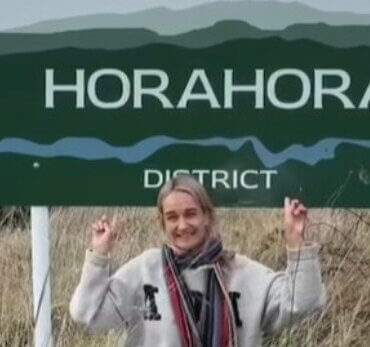
Susan O’Regan in Horahora
It was the last Waipā District Council meeting of the term yesterday, and the 284-page agenda offered a mix of controversy and some tantalising public-excluded items.
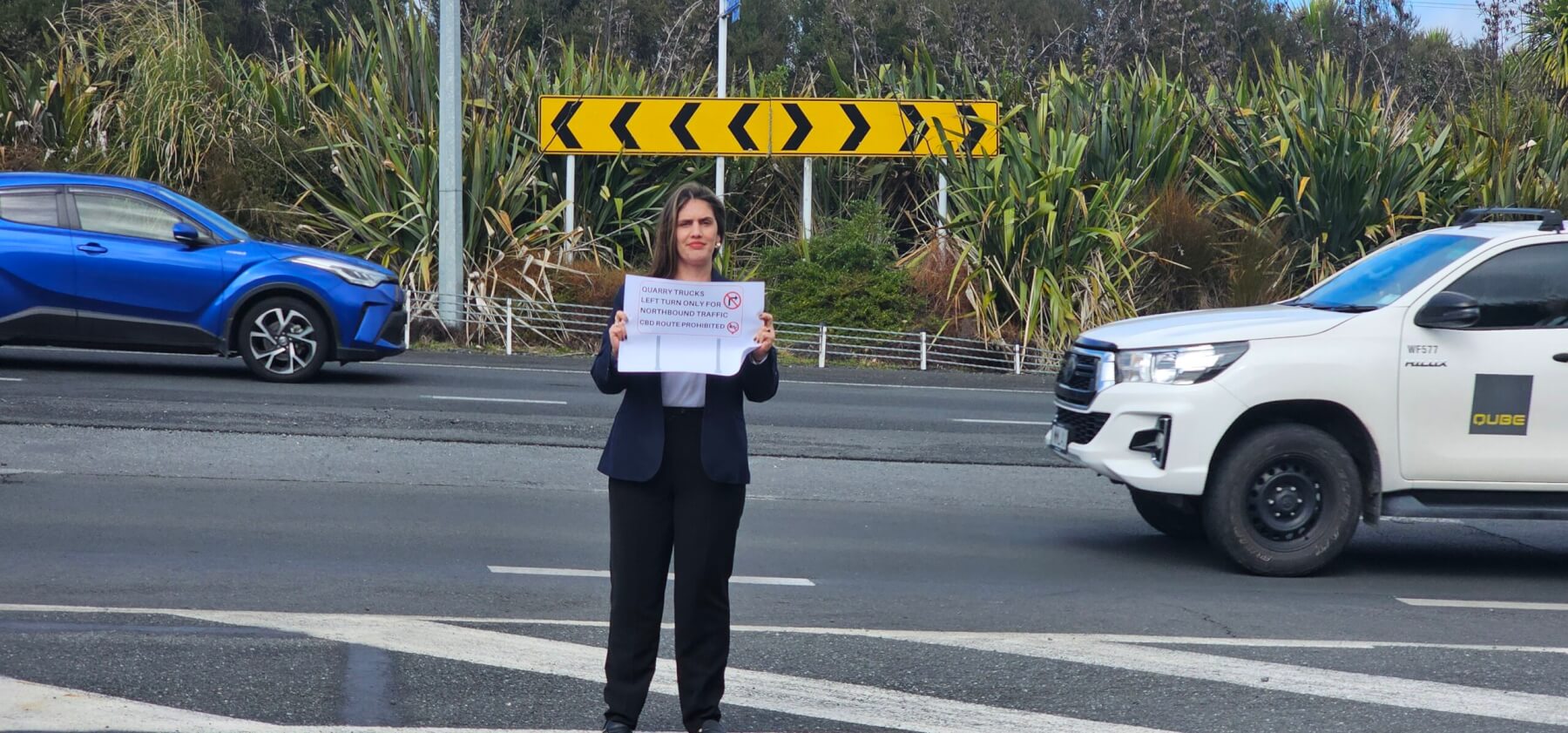
Aroha Croft at the intersection of Tirau and Newcombe Rds holding a proposed sign. Photo: Mary Anne Gill
Staff advised councillors not to approve a notice of motion from Roger Gordon, who called for a “no right turn” from Newcombe Rd into Tīrau Rd.
The aim: to prevent heavy quarry traffic from passing through the Cambridge CBD.
Staff argued there was no rush to consider the motion, as an appeal is still pending on the decision to grant the quarry operation.
Gordon, however, was reportedly well-armed with evidence supporting the ban on heavy trucks. He even included a rebuttal to the claim of “ultra vires” – the legal term for a council acting beyond its powers – which staff said would be the case if the motion passed.
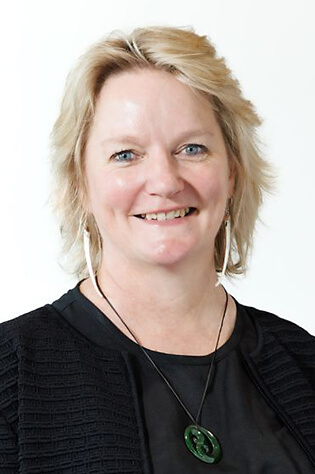
Steph O’Sullivan
Behind closed doors, councillors were set to consider chief executive Steph O’Sullivan’s end-of-year performance and review her remuneration. Before leaving Whakatāne District Council last year, O’Sullivan was on $317,099, while Garry Dyet was earning $363,604 in Waipā.
How much O’Sullivan earned after she started in August last year will be revealed when the Annual Report is released soon.
It only seems like yesterday the council finalised the Long Term Plan, and now it’s back – this time with an amendment to recognise Waipā’s transfer of water operations to a council-controlled organisation.
Mayor Susan O’Regan recently warned there was to be no politicking at meetings, and she was expected to repeat that message. Fat chance!
Of the councillors at the table, we know Mike Montgomerie – elected unopposed in Maungatautari – will return after the elections. Andrew Brown, Liz Stolwyk, and Bruce Thomas, however, will not. Brown and Thomas are stepping down, while Stolwyk is running for Waikato Regional Council.
The mayoral race permutations are intriguing:
- If Clare St Pierre wins, Susan O’Regan and Mike Pettit will not return.
- If O’Regan wins, Pettit is out, and vice versa.
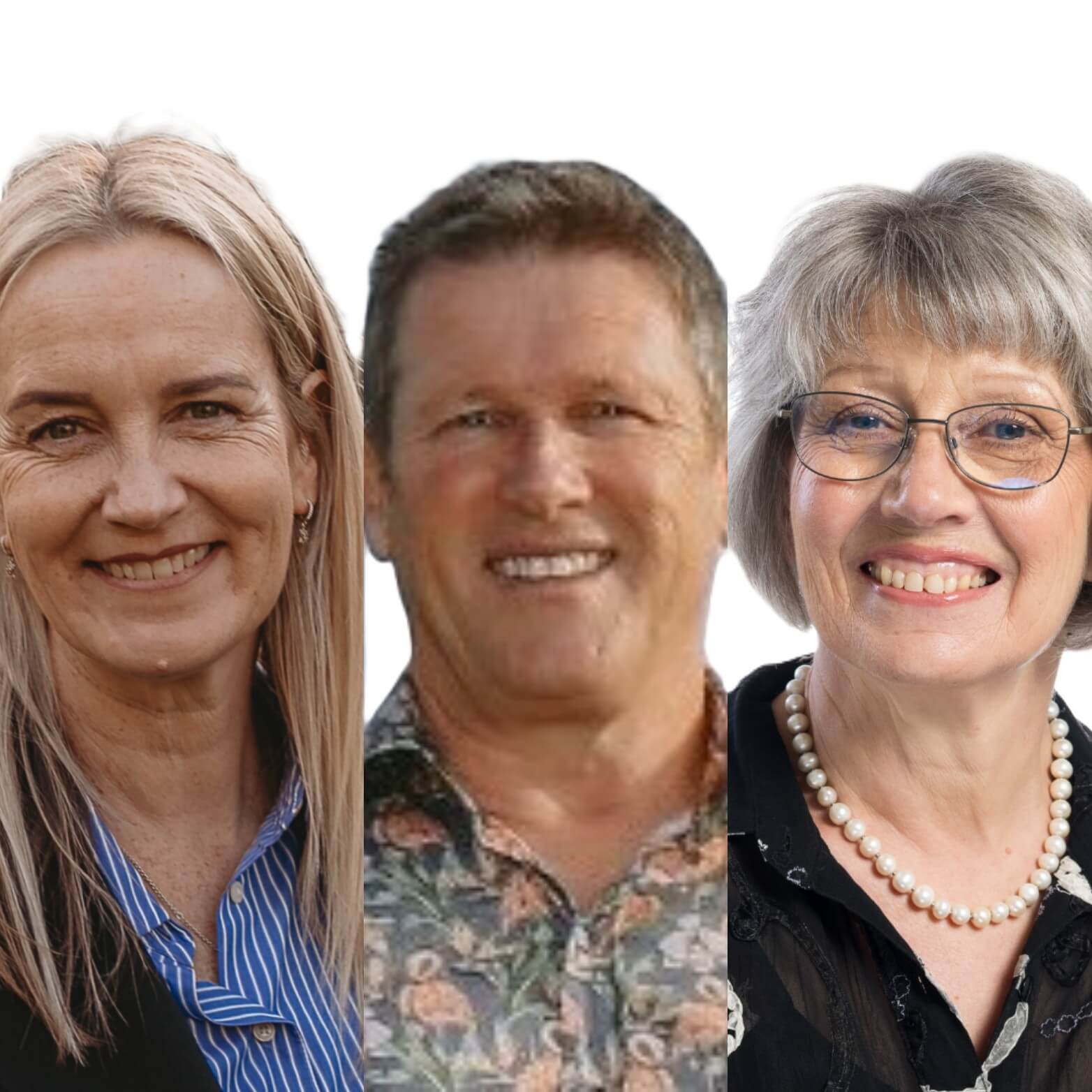
Susan O’Regan, Mike Pettit, Clare St Pierre.
It’s odds-on that St Pierre will be back as a councillor – she’s virtually a shoo-in for the Pirongia-Kakepuku ward.
In Te Awamutu-Kihikihi, Lou Brown and Marcus Gower face tough competition. If Graham Jull ousts Gower, history will almost repeat itself – Gower did the same to Jull in 2010.
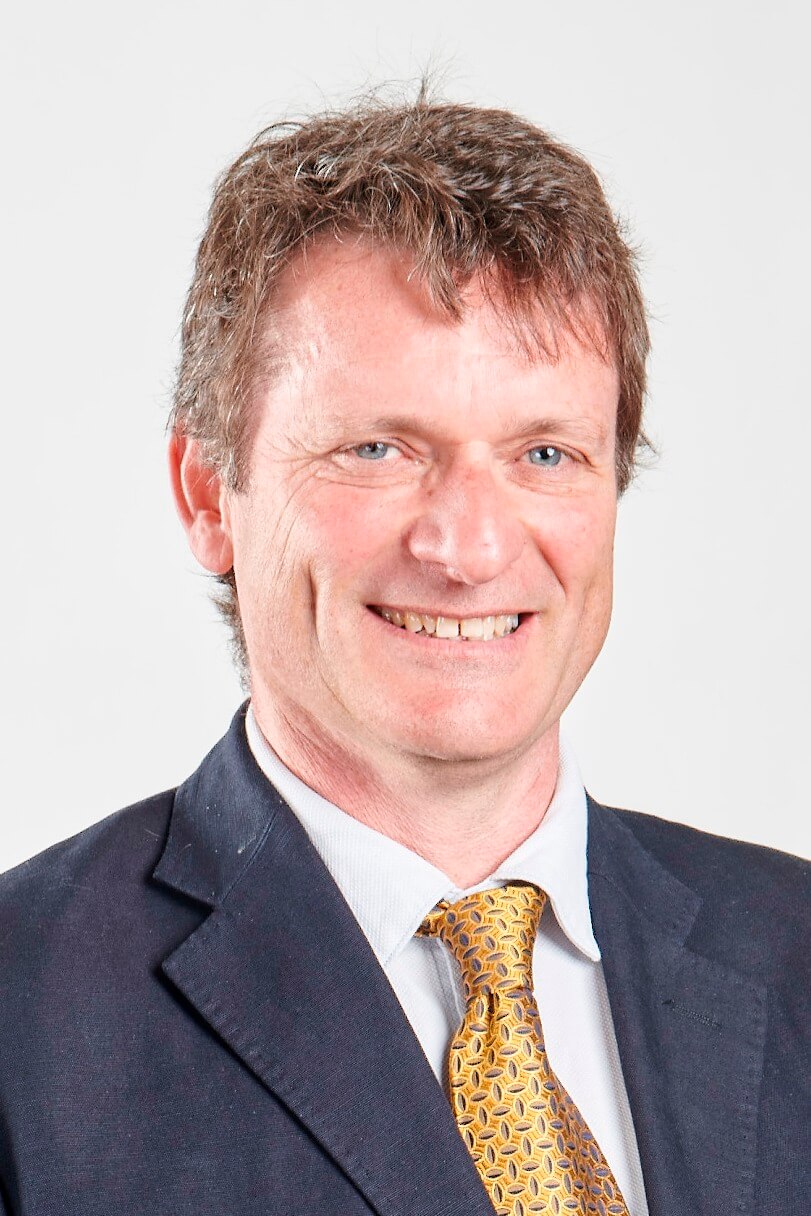
Mike Montgomerie
The Waipā Māori ward is a two-way battle for one spot, with both candidates urging voters to retain the ward rather than for personal appeals.
Philip Coles and Roger Gordon are among a crowded field in the Cambridge ward. Gordon’s recent populist actions are expected to secure him a third term, meaning at least two, possibly three new councillors will sit at the table.
Several readers contacted The News after our advice a few weeks ago, saying voters only need to vote for one candidate in the ward, not four. The voting papers say to “tick the circle next to up to four candidates.”
In a field of 14 for four spots, casting just one vote can be more effective for your favourite candidate than spreading your votes among others you’re less keen on.
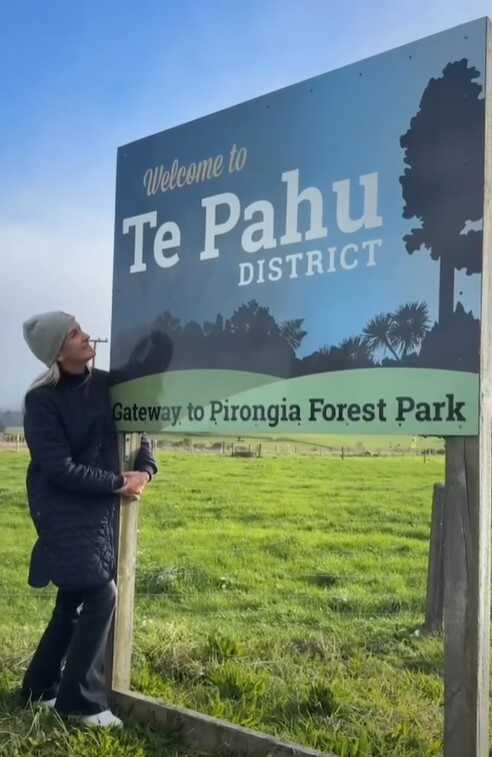
A clip from Susan O’Regan’s reel
It’s a little too early to call who has run the best campaign, but O’Regan’s “tiki tour” video of the district – filmed in front of signs in Pirongia, Te Pahu, Maungatautari, Puahue, Cambridge, Te Awamutu, Kihikihi, Pokuru, Te Rore, Hora Hora, Paterangi, Ngāhinapōuri, Rukuhia, Ōhaupō, Karāpiro, Pukekura, Whitehall, Te Miro, and Pukeatua – looks set to win the “most viewed” title.
By Monday, the John Hayward-filmed reel had 26,000 unpaid organic views in six days, meaning she didn’t have to pay to boost it.
Pettit and St Pierre are also using reels and stories for their campaigns – St Pierre hit 12,800 views for one video, while Mike Pettit had 7500 for a reel.
On social media, Gower’s Facebook posts have attracted both positive and negative responses. He doesn’t hesitate to hit back but told The News that some comments have crossed the line into personal attacks.
Most candidates are putting themselves forward because they want to serve the community – not to be on the receiving end of continual serves from the community, he says.
Hear, hear.
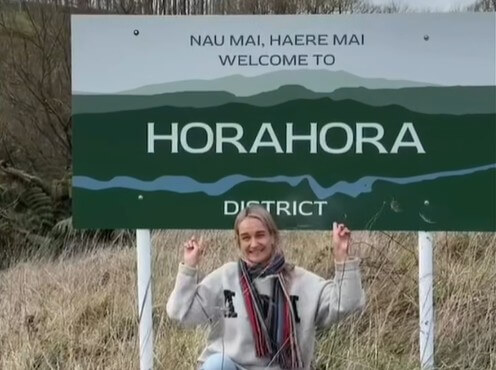
Horahora
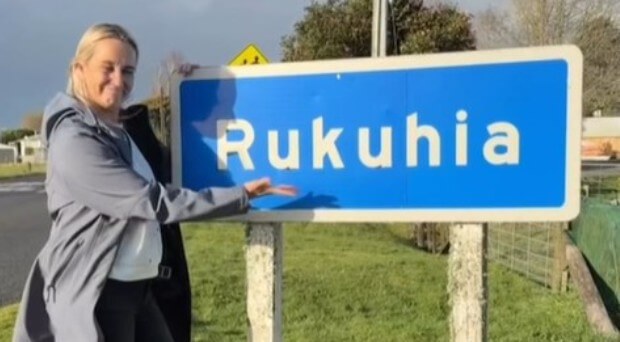
Rukuhia








